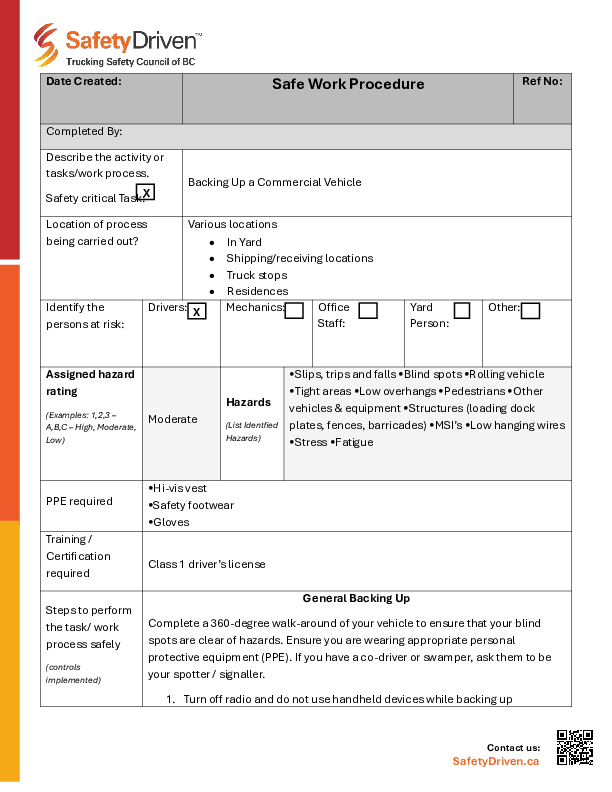
Covid Could Be Affecting Mental Health of your Workforce
EDMONTON, Alta. – Employers need to be aware their people could be suffering mental health issues as a result of the Covid-19 pandemic, and take steps to ensure they know what resources are available to them.
That was a message from Andrea Morley, nutritionist and health coach with NAL Insurance’s Healthy Trucker program. She was speaking at the virtual Western Women With Drive event Oct. 29, hosted by the Alberta Motor Transport Association and Trucking HR Canada.
Many people are struggling with mental health issues, as the Covid-19 pandemic drags on. What was initially expected to be a relatively short interruption to our lives has stretched into its eighth month, with cases rising as we head into winter.
“It is likely to be a difficult winter for many people,” Morley warned, noting Seasonal Affective Disorder (SAD), less daylight, and increased anxieties over common winter ailments like the sniffles, all could cause heightened stress. Increased stress leads to higher cortisol levels, Morley explained, which can affect visceral fat levels, raising the risk of Type 2 diabetes, and also decision-making abilities. Higher cortisol levels also can increase the risk of post-traumatic stress disorder for employees who experience a traumatic event.
Those most susceptible to these struggles already suffered from mental health issues before the pandemic, Morley noted, but even those who didn’t are vulnerable. The inability to go to the gym or visit family worsens the situation, and increases a sense of isolation. Those who are working from home for the first time can also struggle with feelings of isolation and uncertainty. Working from home can also put strain on personal relationships within the household.
Morley said the top concern people have, at 38%, is personal finances. In addition, 34% of people report finding it difficult to concentrate at work, 39% claim to be more physically and mentally exhausted at the end of a workday, and 36% admit to having trouble staying motivated and productive at work. Parents of young children, young adults, females, low-income individuals and minorities are most susceptible to mental health struggles during the pandemic, Morley added.
What can employers do to help their employees manage these struggles? Morley suggested training managers to recognize signs of mental health issues. Promote resources your company offers, and openly discuss mental health in company correspondence. Pay attention to those at the highest risk, she added, and regularly check in on them.
Be sure to outline expectations for those working from home for the first time, and be transparent about what kind of performance monitoring is being done. Encourage them to take their breaks.
And for employees, Morley urged them to take care of their own mental health first. “If you aren’t mentally healthy, it’s going to be more difficult to focus on other individuals,” she said.
For more COVID-19 related resources like Exposure Control Plan, Health Screening Tool and more visit our site here
Latest Resources
Safe Work Procedure: Backing Up Commercial Vehicle
An Employer can make use of a safe work procedure (SWP) by training new and e ...
Safe Work Procedure: Opening Trailer Doors
An Employer can make use of a safe work procedure (SWP) by training new and existing ...

